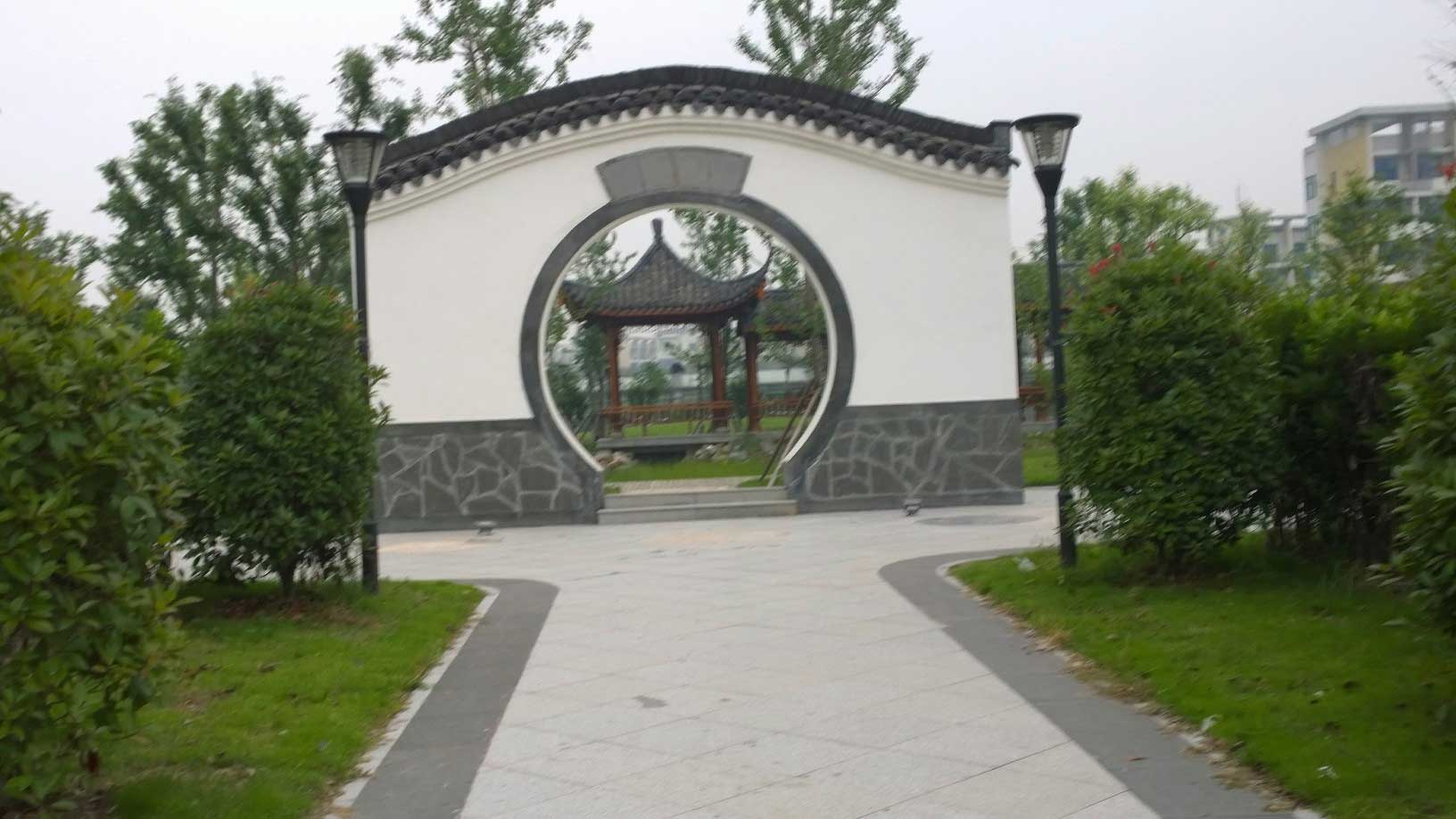Swift as the wind. Quiet as the forest. Conquer like the fire. Steady as the mountain. – Sun Tzu
By Morf Morford
Tacoma Daily Index
Few human endeavors are as long lasting across history and around the world as business and war.
As you might (or might not) expect, these two enterprises have much in common.
Sun Tzu was a Chinese general, military strategist, writer and philosopher who lived in the Eastern Zhou period of ancient China. Sun Tzu is traditionally credited as the author of The Art of War, an influential work of military strategy that has affected Western and East Asian philosophy and military thinking. His works focus much more on alternatives to battle, such as stratagem, delay, the use of spies and alternatives to war itself, the making and keeping of alliances, the uses of deceit and a willingness to submit, at least temporarily, to more powerful foes.
The Art of War, has been applied in competitive endeavors around the world, including culture, politics, business and sports, as well as modern warfare, and with only a few changes, could also be seen as the ultimate business guide.
Unlike movies, and despite its title, The Art of War is about far more than combat. Tzu addresses strategy in a broad fashion, touching upon public administration and planning. The text outlines theories of battle, but also advocates diplomacy and the cultivation of relationships with other nations as essential to the health of a state.
Wars, like business trends and alliances, come and go. One’s current adversary may be one’s ally in a different time or circumstance. Strategy and tactics – and allegiances – may change, but the cause or empire will persist or even prevail.
With a kingdom under a variety of iterations over multi-thousands of years, and with experience in battles large and small, local and international, we can learn much from the acquired wisdom of someone like Sun Tzu.
Here are only a few thoughts of his that seem to me to be the ultimate of transferrable skills.
On loyalty –
Regard your soldiers as your children, and they will follow you into the deepest valleys; look upon them as your own beloved sons, and they will stand by you even unto death.
On the necessity of humility of a good leader –
The general who advances without coveting fame and retreats without fearing disgrace, whose only thought is to protect his country and do good service for his sovereign, is the jewel of the kingdom.
No ruler should put troops into the field merely to gratify his own spleen; no general should fight a battle simply out of pique.
On what to do before encountering the enemy –
Victorious warriors win first and then go to war, while defeated warriors go to war first and then seek to win.
The supreme art of war is to subdue the enemy without fighting.
On dealing with unexpected difficulty –
Victory comes from finding opportunities in problems.
On avoiding conflict whenever possible –
The peak efficiency of knowledge and strategy is to make conflict unnecessary.
All wars are won or lost before they are ever fought.
On the hazards of leadership –
There are five dangerous faults which may affect a general: recklessness, which leads to destruction; cowardice, which leads to capture; a hasty temper, which can be provoked by insults; a delicacy of honour, which is sensitive to shame; over-solicitude for his men, which exposes him to worry and trouble.
On knowing one’s limits –
In all history, there is no instance of a country having benefited from prolonged warfare. Only one who knows the disastrous effects of a long war can realize the supreme importance of rapidity in bringing it to a close.
In war, then, let your great object be victory, not lengthy campaigns.
Supple movement through the landscape of life allows one to adjust, improvise and overcome to the ever changing circumstances. When we hold to a fixed position we are not available to respond to scenarios that call for different actions from the ones used in the past. Sometimes the situation does not allow following the established rules or taking advantage of a situation.
On being flexible –
There are roads which must not be followed, armies which must not be attacked, towns which must not be besieged, positions which must not be contested, commands of the sovereign which must not be obeyed.
Flexibility is the operative principle in the art of war.
On the power of a steady leader –
When the leader is morally weak and his discipline not strict, when his instructions and guidance are not enlightened, when there are no consistent rules, neighboring rulers will take advantage of this.
On allowing your adversary to undermine their own interests –
“Never interrupt your enemy when he is making a mistake”
There is nothing magical about leadership. The key is to keep one’s passions under control when others are losing track of theirs.
Impulsivity and vengeance are the ultimate signs of weakness in any leader.
One who knows when he can fight, and when he cannot fight, will be victorious.
On leveraging the weakness of your adversary –
If your opponent is of choleric temper, seek to irritate him. Pretend to be weak, that he may grow arrogant.
Any historian knows that, at some level, some wars never end. Conflict may or may not be open, but the breach often remains and emerges at the most inopportune time.
It is only one who is thoroughly acquainted with the evils of war that can thoroughly understand the profitable way of carrying it on.
War, like business competition, is rarely, if ever finally resolved. One’s enemy today might be one’s ally a year from now.
Unnecessary brutality or injustice may not be forgotten. Destruction is not the point of war. There will be years, decades even full lifetimes beyond any temporary conflict.
On allowing the adversary an honorable way out –
Do not interfere with an army that is returning home. When you surround an army, leave an outlet free. Do not press a desperate foe too hard.






